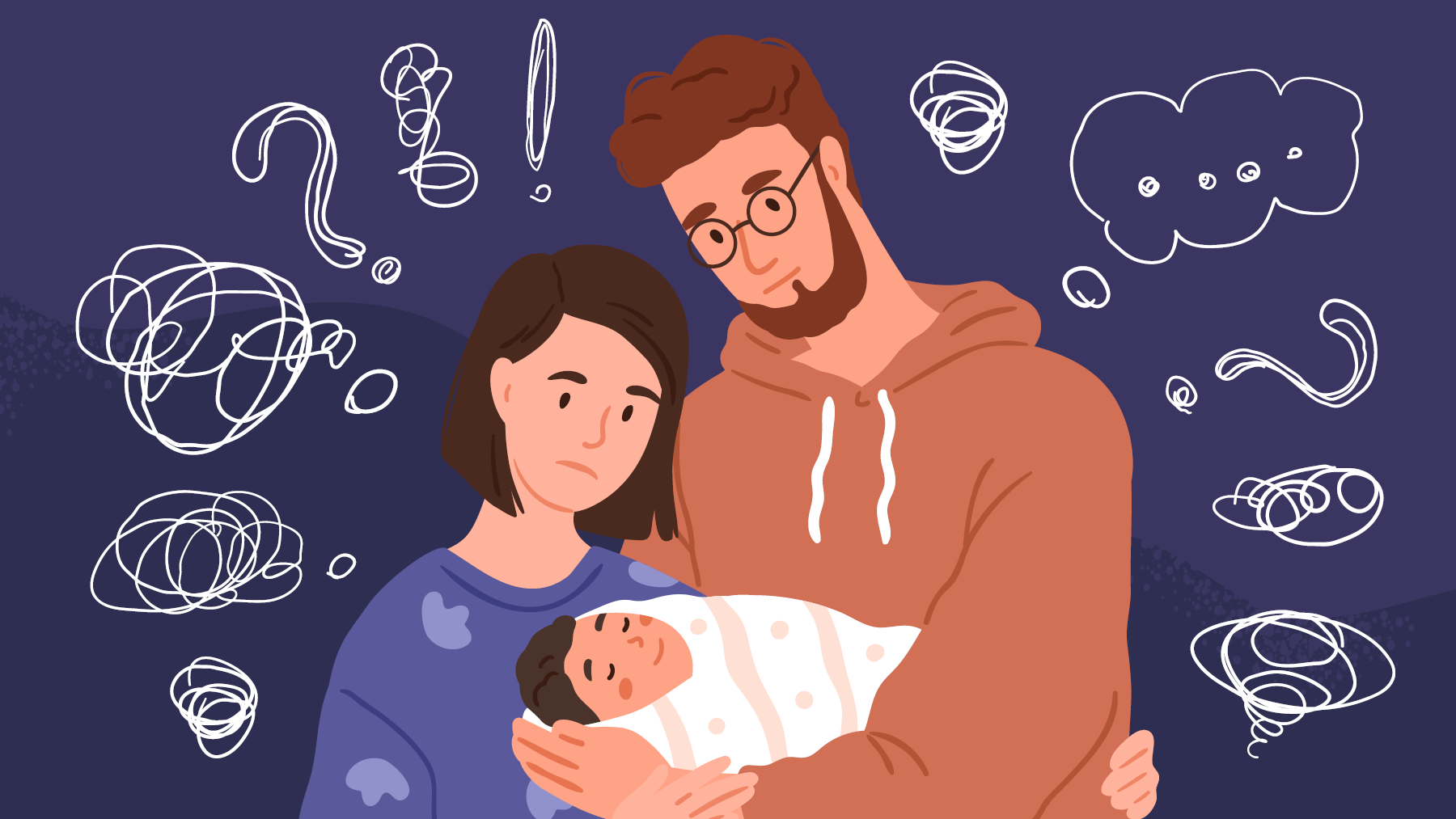
Having a baby is often a really emotional time because it can feel like your whole world has been turned upside down in a matter of months. While some parents may be excited and happy, others can be totally overwhelmed and stressed as they adjust to raising a child.
If you’re a new parent, or you’re concerned about a parent, then this blog might be useful to you.
Signs and symptoms
Across Australia one in five new mums and one in ten new dads experience postnatal depression each year. Although those with previous mental health issues are most at risk, sometimes there is no prediction, and this is someone’s first experience with mental health.
The good news is that these feelings are completely normal and postnatal depression is treatable, but it’s important to recognise the signs early.
If you’re feeling sad, uninterested, unable to cope, and are crying often, we’d recommend reaching out to a loved one or health professional. Engage honestly in the universal screening that is provided by GPs or midwives. It may alert you to susceptibility and you can intervene early by making sure your support mechanisms are in place.
They say it takes a village to raise a child and quite often that village includes a GP, nurse, doctor or psychologist who are in your corner to provide support.
Support for dads
One of the biggest misconceptions about postnatal depression is that it only affects mothers, which isn’t the case. Just because dads don’t physically carry the baby, doesn’t mean they don’t carry the emotional toll that can come with parenthood.
Darling Downs Health is proud to have a Perinatal Mental Health Service that provides care from when you are planning a pregnancy, right up until your baby turns one.
This is a unique service as it recognises and treats both mothers and fathers in this susceptible period.
Top tips for new parents
Adjusting to the pressures of family life, a lack of sleep, and less time to relax can contribute to the mental health and well-being of both mothers and fathers.
It might sound like a simple piece of advice but it’s really important for parents to look after themselves as well as their baby.
Some tips for new parents are to prioritise rest, connect with a support system, and be kind to yourself. If this doesn’t work, seek professional help.
Where to go for help
Seeking help for yourself identifies you as a good mum or dad to your baby.
You can also phone beyondblue on 1300 224 636 or Lifeline on 13 11 14.
For more information about Darling Downs Health’s Perinatal Mental Health Service you can call 1300 642 255.
Other great resources include:
- Child Youth and Family Health
- Centre of Perinatal Excellence
- Australian Birth Trauma Association
- Red Nose Grief and Loss
Remember there’s absolutely no shame in asking for help.